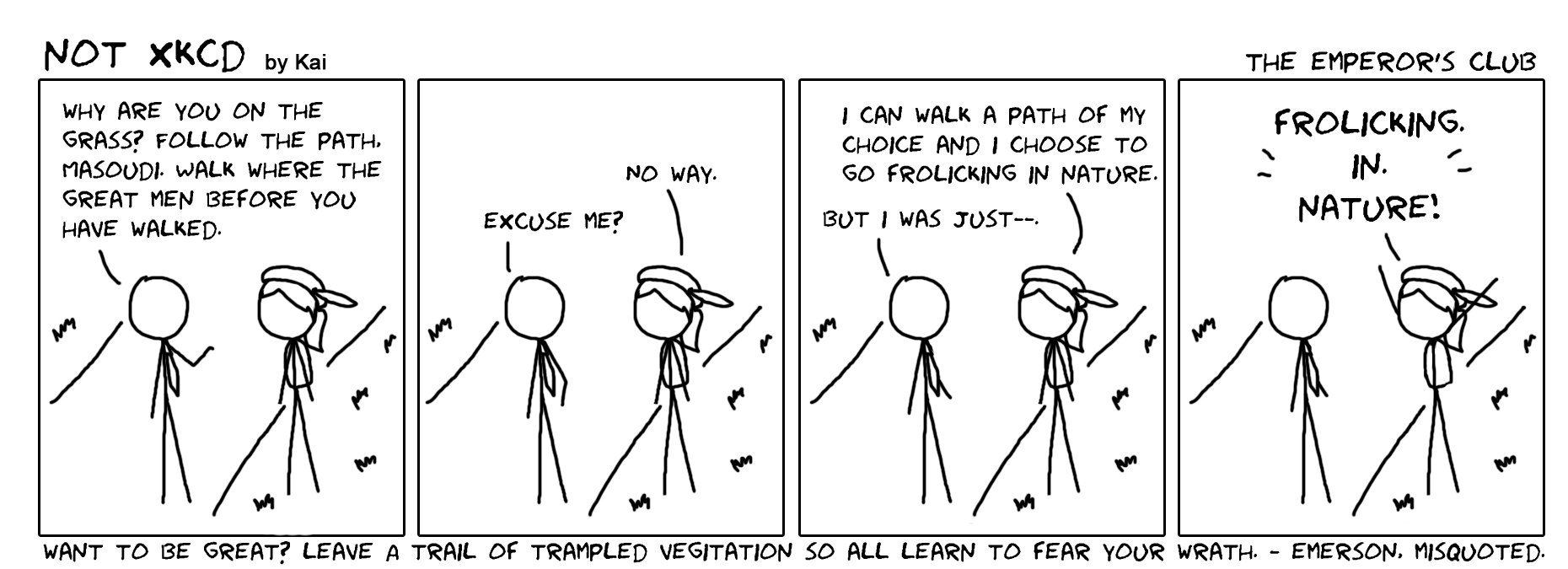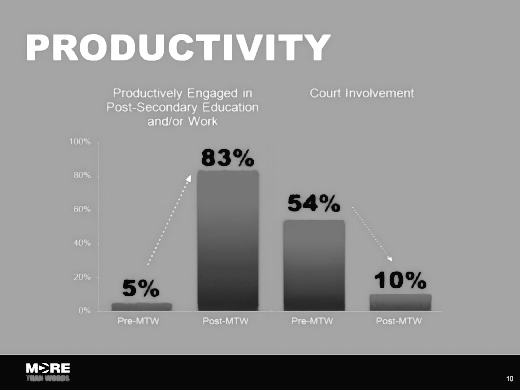As a recent alum and staff member on campus, I’ve had the opportunity to- and in fact have been asked to- spend some time thinking about how to build bridges between different parts of the community (Students, Faculty, Staff, Alumni, Parents), as well as within those groups. We’re such a small community that any distance between these groups almost feels magnified – we are our each other’s support network. Working on bringing the community closer together was my favourite thing to do back when I was a student, so it’s really a joy for me now that they’re paying me to do it! Well, these past few months have been a little busy for me, but now I’m back. And I’m very interested in hearing your feedback on (and/or support for) my thoughts.
First of all, let’s look at bridges that are currently in place. Advising families are structured to give students and faculty a point of contact over the course of the semester on a professional and personal level. SAC invites staff and faculty to major events like Dare to Diva and Spirit Week, and organizes kickouts to really encourage this bonding. Also in that vein, the seniors have a Faculty/Staff party at the end of the year. More recently, Banter was set up to connect older alumni with students on a professional level. At last month’s SLACfest, students and alumni worked out a number of new initiatives to improve alumni-campus connections, including an alumni-written newsletter filled with interviews of on-campus Oliners. The Student-Staff Bridges program is a low-intensity conduit for conversation between these different communities. And, thanks to a push from parents, LinkedIn is now a viable way to reach out to parents in different parts of the country for all kinds of assistance.
Building bridges is intended to be a gratifying experience – it feels good to learn about people who do cool things and are part of the same ‘tribe.’ But efforts often flounder or feel ineffective. The reason is simple: if one half of the interaction doesn’t find sufficient personal benefit, they won’t prioritize the connection. At some level, we all ask: “What’s in it for me?” They might go out and participate just for the sake of the other party… but they have lots of other things that maybe feel more important. So is there space for these efforts in a community as busy as Olin’s?
Definitely! Having solid connections with members of our small community in different spheres actually makes our lives easier: When we know and understand one another better, we can be more effective in all of our other efforts. We just need to understand how to build those connections in a manageable way. So looking ahead, what do we have and what do we need?
I’ll generalize: Students have skills, enthusiasm, and time (if properly compensated by credits, cash, or chow). The key to connecting with students is to a) do what they’re already doing, with no added effort on their part; b) make their work more effective or efficient, c) pay them, or d) create a compelling interaction for them that is, itself, worthwhile. Faculty and certain staff are connection powerhouses. They have big ideas and the resources to deploy them, as well as the incentive. What they generally don’t have is time. To successfully connect with this group, be prepared to have much of the engagement proceed independently, with the contact points being intense, brief bursts. Other staff, alumni, and parents simply want access to, and connection with, the community. Actually, some don’t, but I’m ignoring them for the purposes of this article. Those who do will spend time, as well as the resources available to them, to give back if they feel that their efforts are a) having the desired impact and b) appreciated. Unfortunately, this group also lacks the ability to deploy effectively on campus.
And what about the subset of Olin community members who are both staff and alum, are on the StudentEvents mailing list, and are a contact for the Parent Advisory Board? What does that subset have? Well, it has a single member: just me! And I have a wish: For more successful bridgings to take place. What do I need? People I can help! I can be a ‘connector’ all on my own for you – if you have plans but you don’t know who, in another group, you should talk to, please feel free to ask me. And I’m willing to put the time in to work on executing larger-scale projects in this space. I have ideas; you have ideas. Let’s chat!



